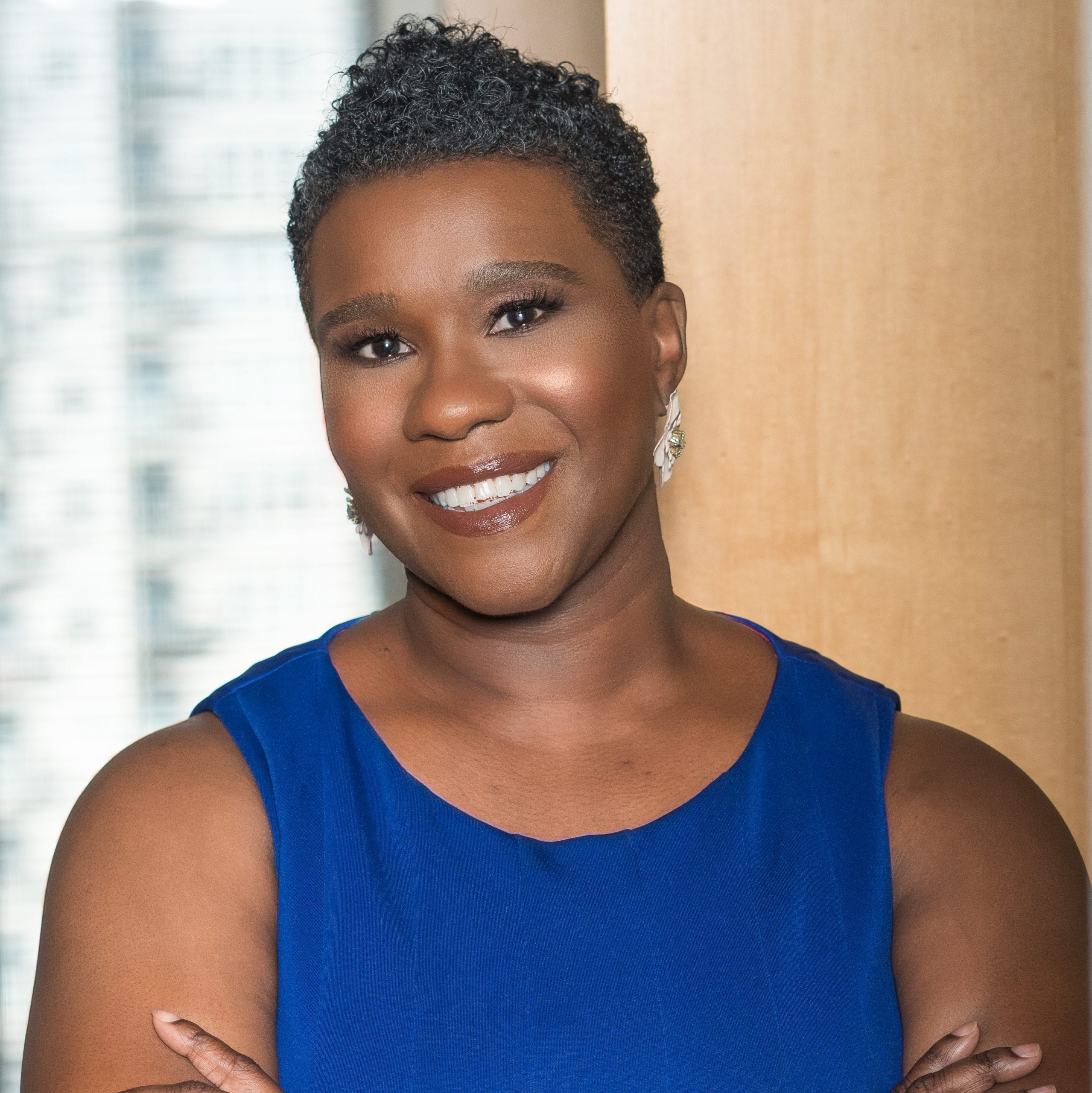Editorial – Goodbye excuses, hello growth!

Admit it. You’ve done it too. There’s been a day in your not-so-recent past when everything went wrong. Maybe you missed an appointment, pre-programmed emails were never sent, your mind went blank during a difficult conversation with your team. Doubt settled in and you began to second-guess your next steps. Then your younger office mate mentioned that Mercury is in retrograde. It’s just not the right time, you sighed in relief. I need to play it safe!
As reassuring as it can be to relate happenings here on Earth to the movement of celestial bodies, we do ourselves a disservice when we use convenient excuses to stay in our comfort zone. On the cusp of taking a risk, our fears can get the better of us and we latch on to any reason to second guess, undermine and delay our aspirations.
But don’t forget that Mercury retrograde is an optical illusion. Due to its placement relative to Earth, Mercury appears to change course and move backwards–but it isn’t. When faced with taking a risk, we too are caught in an optical illusion. The fear of the unknown creates countless scenarios in our brain, making us believe that taking the leap will send us reeling backwards in defeat.
How do we get unstuck and take that risk when the planets don’t seem to be aligned? First, remember that it’s absolutely normal to have fears when asking for a raise, changing roles or taking any other kind of professional risk. Your brain is made for this challenge and that fear can actually lead to smarter decisions—science tells us so.
In fact, decision-making areas of your brain are composed of roughly 80% “excitatory” cells and 20% “inhibitory” cells. The inhibitory cells are like traffic cops and as you age, they dampen excitatory activity and even make learning harder. So yes, your brain will naturally feel doubt, stress and fear when faced with risk. However, by cutting out the noise, these inhibitory cells also allow your brain to more effectively filter information. It’s all a question of focus.
Or, as one researcher suggests, being quiet enough to listen to your intuition.
Kamila Malewska, a researcher at the Poznán University of Economics and Business in Poland, describes intuition as, “a quicker and more automatic process that plumbs the many deep resources of experience and knowledge that people have gathered over the course of their lives.” Yes, rational analysis has its use, but it doesn’t seem to be very effective against purely emotional reactions. As our cofounder Isabelle Hudon also notes, “we have to weigh the pros and cons… But sometimes, we only realize all the positive aspects once we’re in place. This is why it’s important to think it over, but also to let go and take the leap.”
So when your brain is spinning with anxiety, imagining negative outcomes to the risk you’re about to take, perhaps it’s a good time to sleep on it or get some exercise. Any distracting tactic that gives your brain ample time to dial down the excitatory cells and get quiet enough to hear the inner voice that knows what’s true.
If you’re the type to take a more active approach to problem solving, try making a list of every possible outcome–including the more outlandish ones too. Then in a second column, add a counter-argument, solution or Plan B for each. It’s a profoundly reassuring process that reminds you of just how competent you are and that you have very solid reasons for taking this risk in the first place.
Now that you can’t blame the planets anymore, what goal could you be reaching for?
Follow us on Facebook and LinkedIn, and subscribe to our newsletter for all of the latest content







